Is it really necessary to travel with a credit card? Some will surely contradict me, but I believe so. Whether it is to confirm a hotel or car reservation, deposits or holds are frequently requested and those without a credit card will have to give a very large amount of cash to reserve.
Prepaid credit cards (much like gift cards, basically) can be an interesting alternative, but they could be refused in some businesses or websites or if the amount available on the card is too low.
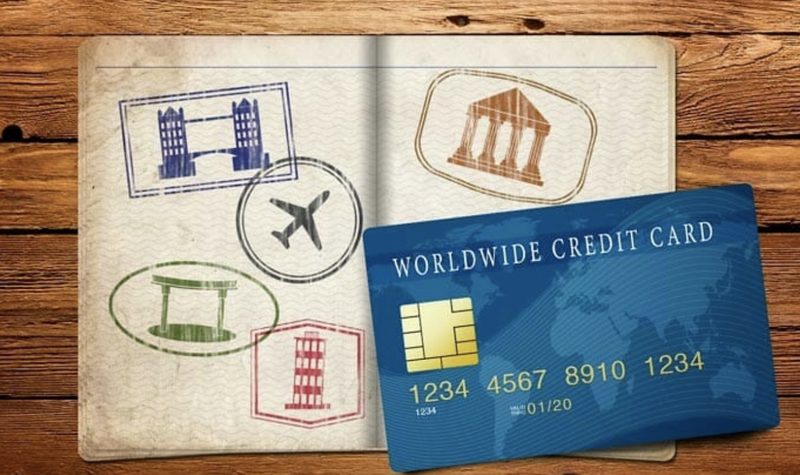
source:pngwave.com
When traveling, the bank credit card remains an essential element. Here are some tips that we created in the collaboration with The News and Views travel experts that will help you use your travel credit card wisely and avoid minor inconveniences.
8 things to check before departure
- The validity date of your bank card.
- Your spending limits.
- Funding your bank account.
- Acceptance of your international card in your country of vacation.
- Inform your bank if you plan to use an international bank card outside your country.
- Send yourself by e-mail the details of your bank card, your bank, and the center.
- Have the assistance phone number of your bank card and the emergency number of your bank.
- A tip for travelers: why not open an account with an online bank? The solution, which offers remote management facilities, can be particularly interesting when you go away for a while.
Some more tips:
Notify your bank of your departure
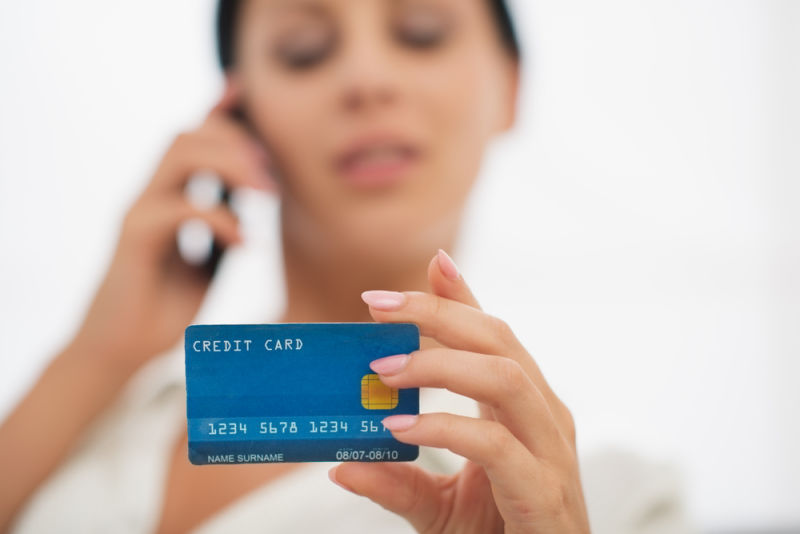
source:pxfuel.com
Some banks ask to notify them before leaving, to prevent your card from being blocked for no reason. Most banks allow you to do this directly online, otherwise, you have to call and choose the option for travel advisories.It is not necessary to make a travel advisory for debit cards.
Beware of bank charges
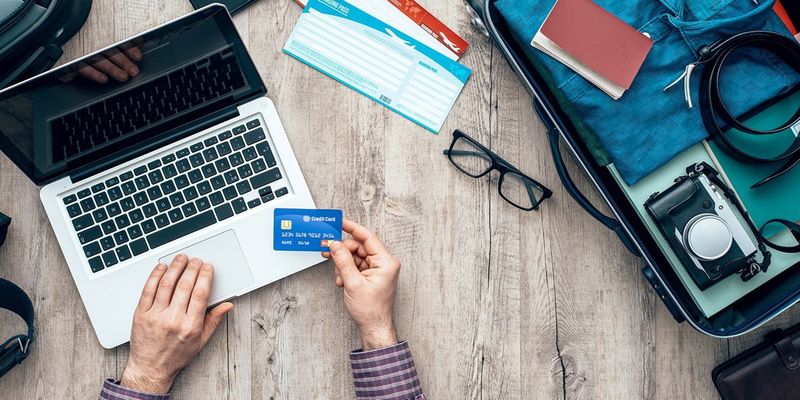
source:travelzoo.com
Transaction fees vary by country, currency, and bank. You must inquire before departure to avoid unpleasant surprises. Certain habits should be adopted to avoid having too many transaction fees, for example:
- Do not withdraw too much cash from ATMs
- Avoid small amounts because of commissions
- Favor card payments from local merchants
Some banks have partner networks in countries. If you withdraw money at one of their branches, the fees are significantly reduced or even zero.
What should I do if my bank card is lost or stolen?
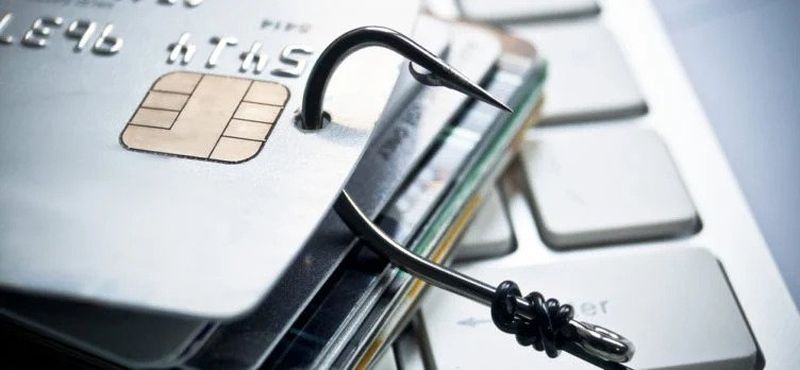
source:pxfuel.com
You must put your card in opposition as quickly as possible by calling your bank and then report the loss or theft to a police station on the spot.
For travel cardholders, it is often possible to request a provisional card on-site that offers all the services of the original card, except cash withdrawals. Depending on the bank, you can also request cash.
Some useful tips to avoid glitches abroad
- Keep your invoices.
- Never take your eyes off your card when paying at a merchant, restaurant, bar, or hotel.
In case of payment, check that the amount is correct and stuck to the right in the boxes on the invoice to be signed (so that a zero is not added to the amount you are paying). - Attention: in some countries, credit card tickets have a box at the top to enter the price, another box below to enter the tip, and a third box to enter the total. Never forget to fill in or cross out the second box and enter the total yourself in the third.
Luxury on a budget
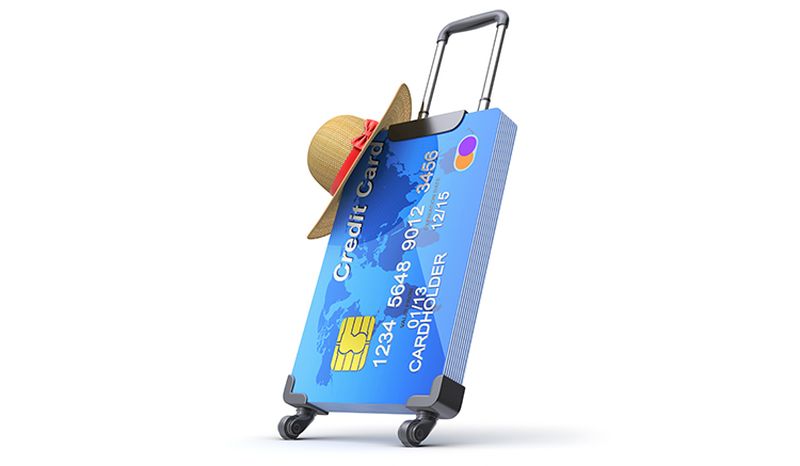
source:travelzoo.com
It is better to make fewer transactions and withdraw a larger amount each time while remaining cautious and not having too much cash on hand. You should also know that you may not be able to withdraw more than an amount X per day.
It is always convenient to have cash on you, whether for the tip, to be able to pay for a purchase if the machine is not working or if there is a minimum threshold to be reached before you can pay by card.
Foreign currency conversion and purchase costs
As a general rule, it is better to pay in the local currency and refuse the “conversion” sometimes offered. While it is tempting to immediately see how much to pay, often this means a very poor conversion rate for you.
Besides, the majority of cards have fees for any foreign data transaction, as mentioned above. These fees are included in the conversion that you can see on your account statement. Some cards reward travelers by offering greater discounts on purchases made in foreign currencies. Again, we just need to inquire before departure and choose a card that meets our needs.
Bank account checks
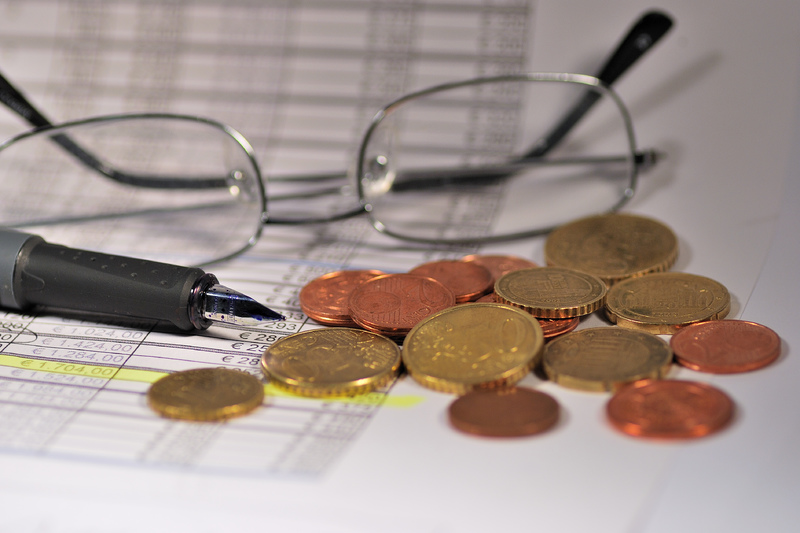
source:pxhere.com
While traveling and upon returning from the trip, we advise you to check your accounts. Are there not inconsistent withdrawals? These are the questions we have to ask ourselves.
If you notice any anomaly, you have 70 days to make a written complaint to your bank, by registered letter with acknowledgment of receipt.
The bank will then have thirty days to reimburse you from the receipt of your complaint file. By checking all the details of your account, you can get an idea of your expense, totally spent money and the remaining amount in the account. It makes you aware of the situation that you have gone and bank statement. You can get ideas about what were the expenses during your tour and how you can manage the next time.
Checking your account explain the things you have done, what and how much you have withdrawn in the recent days. The bank provides you with all the details of yoit transactions, deposits, and remainders.
What should you Do?

source:pxhere.com
You should apply these things carefully to sustain the protection and security of your bank card for travelling. The need for money is always in demand, but management can be easier with the use of the travel card because it reduces many obstacles for money usage and its protection. Get in touch with these things and try to implement them in practice for better travelling experience.

